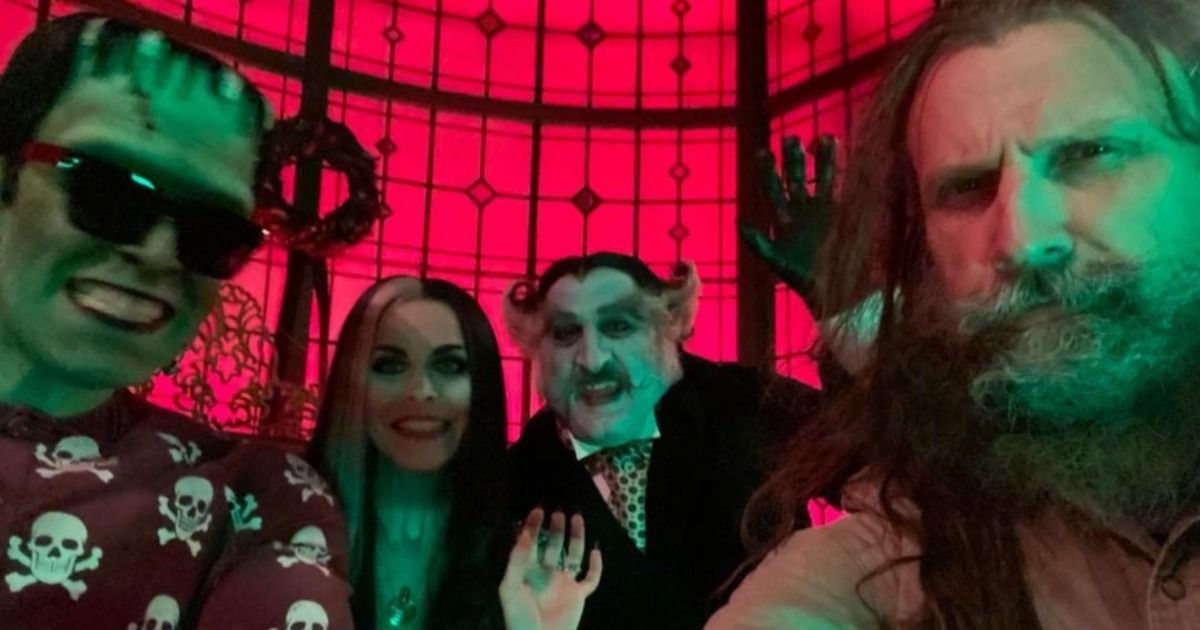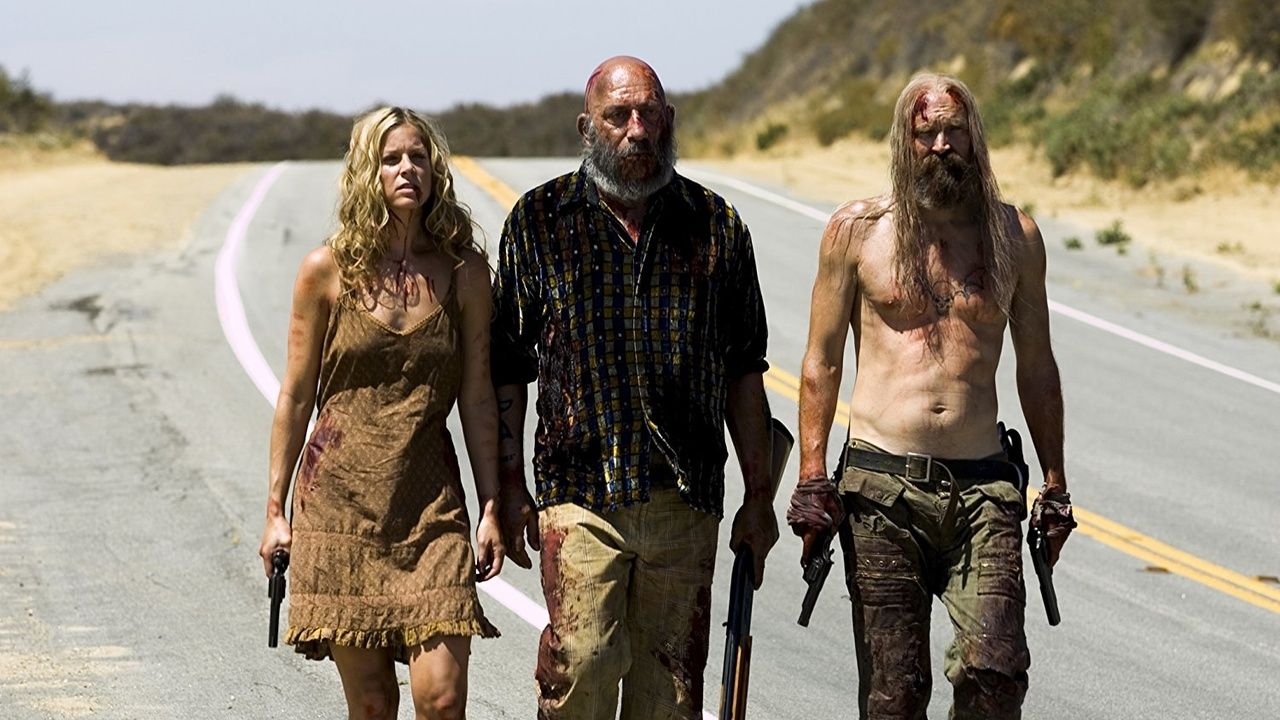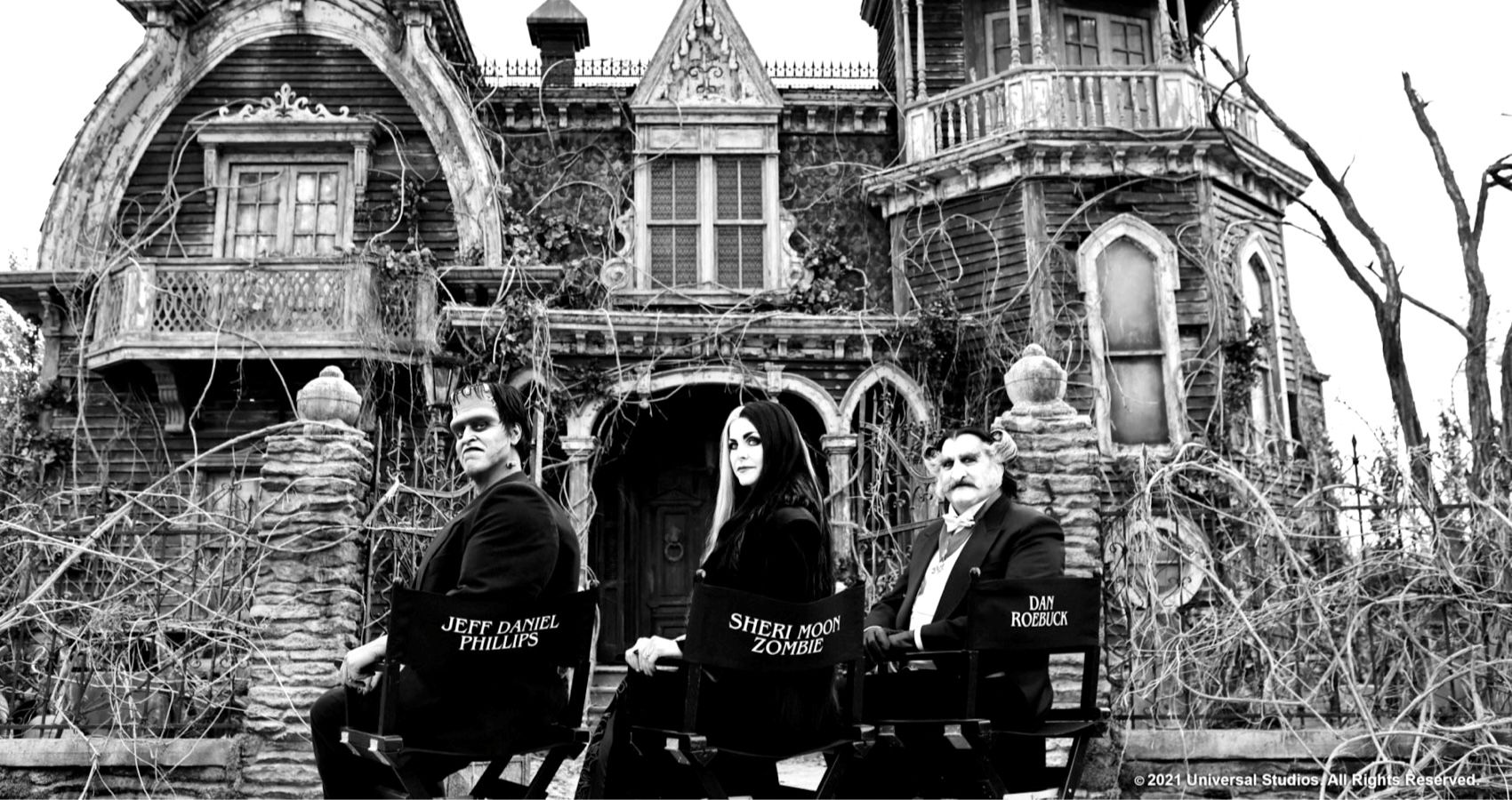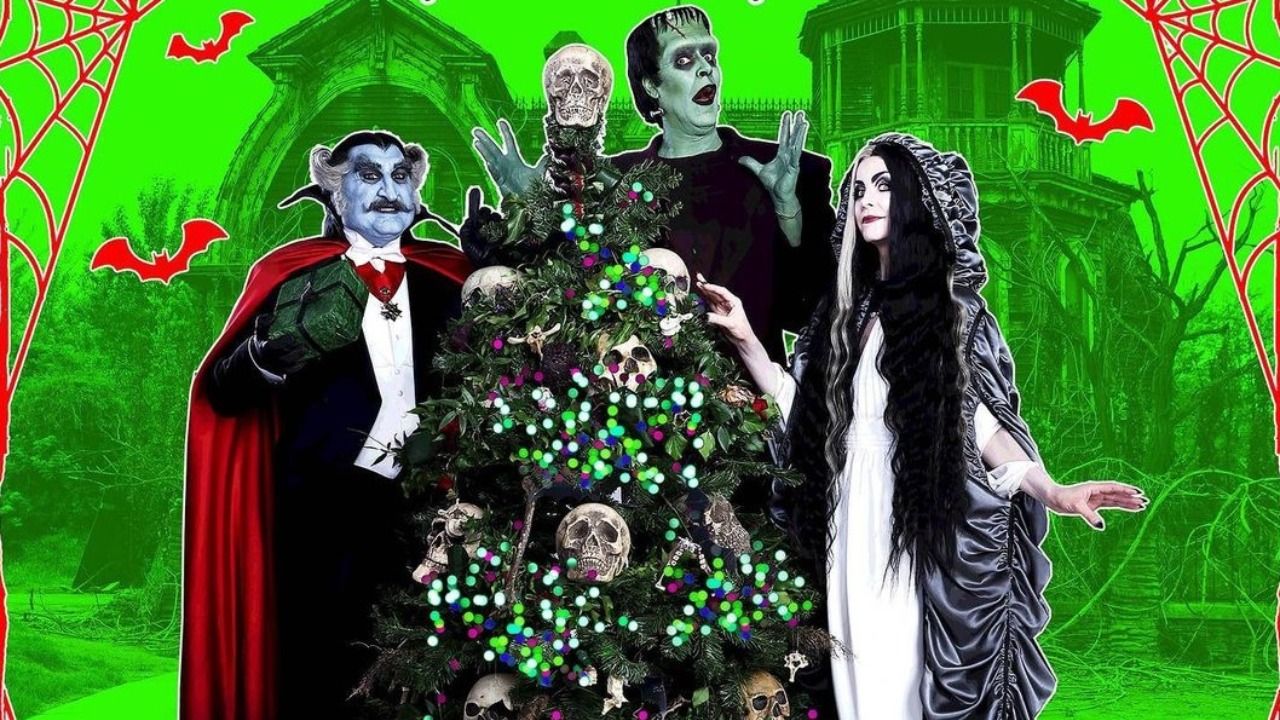When Rob Zombie first announced he was making a horror film twenty-two years ago, his fans may have set unrealistic expectations. Considering his music's originality and unparalleled energy, many fans assumed the same flavor of talent would rock the world of cinema. After three years of delays (involving a fallout with Universal Pictures and MGM), Lionsgate finally released House of 1000 Corpses.
The film was not exactly the greatest carnival of horror many fans were hoping for. Instead, it was an homage to films like Texas Chainsaw Massacre, with a gang of irritating hillbilly sociopaths as our lead characters. While the freaky "Doctor Satan" provided a certain otherworldly quality to the film, it was more or less deemed a disappointment. Five years later, The Devil's Rejects was unleashed.
While the film felt less schizophrenic than House of 1000 Corpses, it still heavily relied on the villains as heroes. The gang of irritating murderers was back, in more broad daylight, with more bickering and lots of uncomfortable cruelty and murder. While bolstering a decent classic rock soundtrack and capturing some great performances, it's understandable the film has its fans. However, it was a bit disappointing for audiences who were still struggling with Zombie's love letter to mean-spirited cinema.
Zombie's take on the Halloween franchise further divided fans. For those extremely loyal to Carpenter's original, the Rob Zombie vibe infiltrating the tone of the Halloween franchise wasn't exactly embraced with open arms. Retreading themes of sociopathic murder also reinforced a lack of imagination. Lots of brutality and unlikeable characters weren't exactly bringing anything of value to the genre, and the sequel only made matters worse. However, something exciting happened between 2009's Halloween II and Zombie's next theatrical feature in 2012, The Lords of Salem.
The film was excellent. It's well crafted, frightening, stylized, and effective. Leaning into music as a major theme (and one of his greatest strengths), Zombie captures a viciously original satanic vibe with awesome casting, performances, and writing. The movie works and stands out as his best film to date. Unfortunately, the same cannot be said for his next two features, 31 and Three From Hell. Like an addict, Zombie was once again hooked on despicable characters, bad writing, and abusing his audience. Perhaps he just needed to exercise a few more demons.
With his upcoming take on The Munsters, a property that may be even more cherished than Halloween, Zombie will either prove that his filmmaking sensibilities have emerged as a butterfly, or it could be an incredibly awkward mesh of his divisive character choices getting in the way of everything we used to love about The Munsters.
PG-Rated Rob Zombie
With one hell of a film school under his belt, Zombie is positioned to deliver an excellent film. Having a deep love for The Munsters, impeccably recreating the set, and landing on some great casting choices, everything looks to be on track for a fun-filled exploit of monsters who, unlike his actual monsters from previous films, truly are good people with hearts of gold.
For example, if comedian Brian Posehn stops by, it is unlikely Zombie will force audiences to uncomfortably witness his humiliating execution-style murder in cold blood as depicted in The Devil's Rejects. Rather, a performer of Posehn's quality would likely embody the values of a person who doesn't judge a book by its cover and simply sees the family as friends in the neighborhood.
Others may not be so open-minded and pass judgment on the family as demon spawns from the underworld, reinforcing the important themes The Munsters consistently celebrated. With a wickedly smart sense of humor and socially progressive intentions at its core, The Munsters was about people dealing with the everyday challenges of life.
Not unlike Leave it To Beaver, the show featured a thematic underpinning of family values and open-mindedness imparted on their viewers. Just because people look and dress a certain way does not define who they are. This has always been an important staple of American culture, as the country is a melting pot of countless different identities and races.
The Irony at Work
Perhaps this is the theme Rob Zombie wanted to capture all along, but his former characters having a tendency toward homicidal madness prevented it from ever reaching its full potential. Lords of Salem worked because it featured characters you could actually relate to. Real people traversing difficult paths in the face of true evil. Flipping the script on audiences and making them literally root for the villain is a gimmick at best, and downright evil at worst.
While the medium can be used to make films like Funny Games (made twice, once in 1997 and again in 2007 by the same filmmaker), you have to wonder if there is a kind of morbid artistic addiction to torturing and murdering your characters and forcing an audience to suffer through it.
Hopefully, The Munsters represents a new chapter in Rob Zombie's filmmaking career, free of this bizarre fixation, so he can make more awesome films like Lords of Salem. The upcoming Munsters reboot will be released in theaters and on the Peacock streaming service via Universal Pictures, but there is no specific release date at this time.




